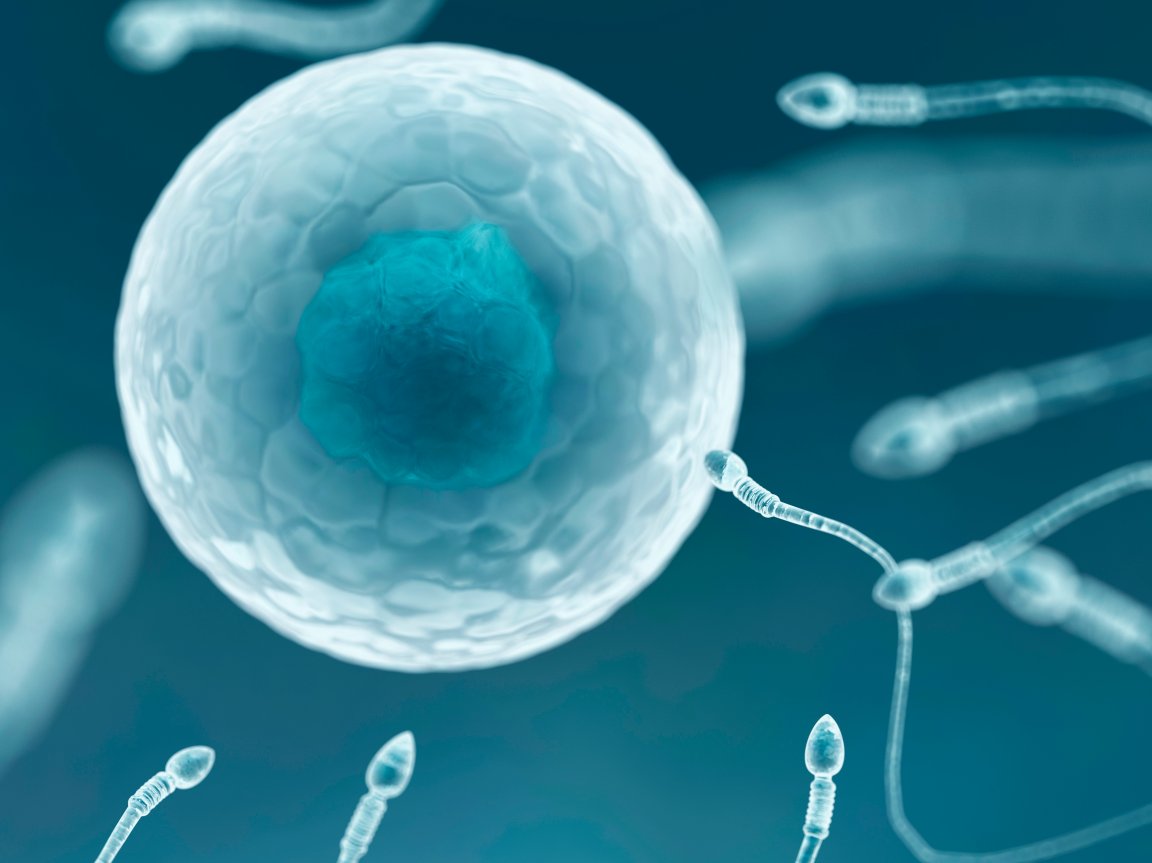
An Age Without Menopause?
Old age affects us all, especially women who want to become mothers. However, a new treatment may give women the opportunity to become pregnant even after they have begun experiencing symptoms of menopause.
As they age, women see a drop in fertility as their ovaries release fewer eggs each year. Around the age of 40 to 50, when the ovaries are out of eggs to release, women begin to notice the symptoms of menopause. Today delaying pregnancies to build careers has become common, making it difficult for some women to get pregnant when they are ready to have children. While therapies like egg freezing do exist, the risks and costs associated with these procedures might have women and their families looking at alternative solutions.

Kostantinos Sfakianoudis from Genesis Athens Clinic in Greece may have what women are seeking. In an experimental study, Sfakianoudis’s team tried a new treatment on 180 women between the ages of 34 and 51, some of whom had damage in their uterine lining and others who exhibited menopausal or perimenopausal symptoms.
Sfakianoudis was able to help some women get relief from their symptoms. Additionally, two women got pregnant when utilizing the study treatment in conjunction with IVF, but one of the women had a miscarriage. The physicians involved, however, aren’t entirely sure of the science behind the process.
A Medical Mystery
Sfakianoudis’s lab depended on the healing properties of blood. Researchers collected blood from the women, spun the samples in the centrifuge to isolated platelet-rich plasma, and then injected the collected plasma back into the women to repair their reproductive systems. The physicians injected the plasma directly into the ovaries and the uterus. While the results from this procedure are promising so far, there need to be rigorous trials before any conclusions are made.
There are several theories as to why the experimental trial is producing results. One theory is that the fragmented plasma stimulates stem cells within the ovary to produce more eggs. However, scientists are unsure that these stem cells exist in the first place. Another theory is that the physical presence of a needle in the ovary might be altering the physical shape of the blood vessels, isolating egg follicles, and thereby having them release eggs.
While Sfakianoudis’s method has helped two women who were having trouble getting pregnant, most physicians are awaiting more information before performing this method on their patients. The research team hopes to run trials in both Greece and the United States.